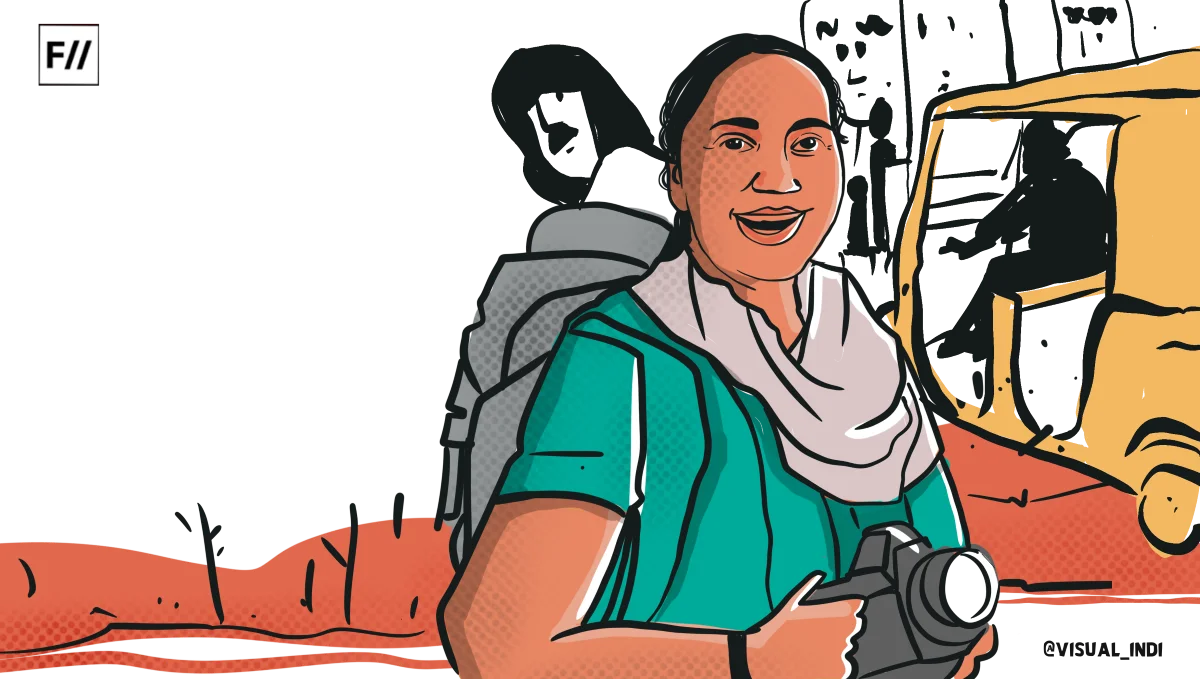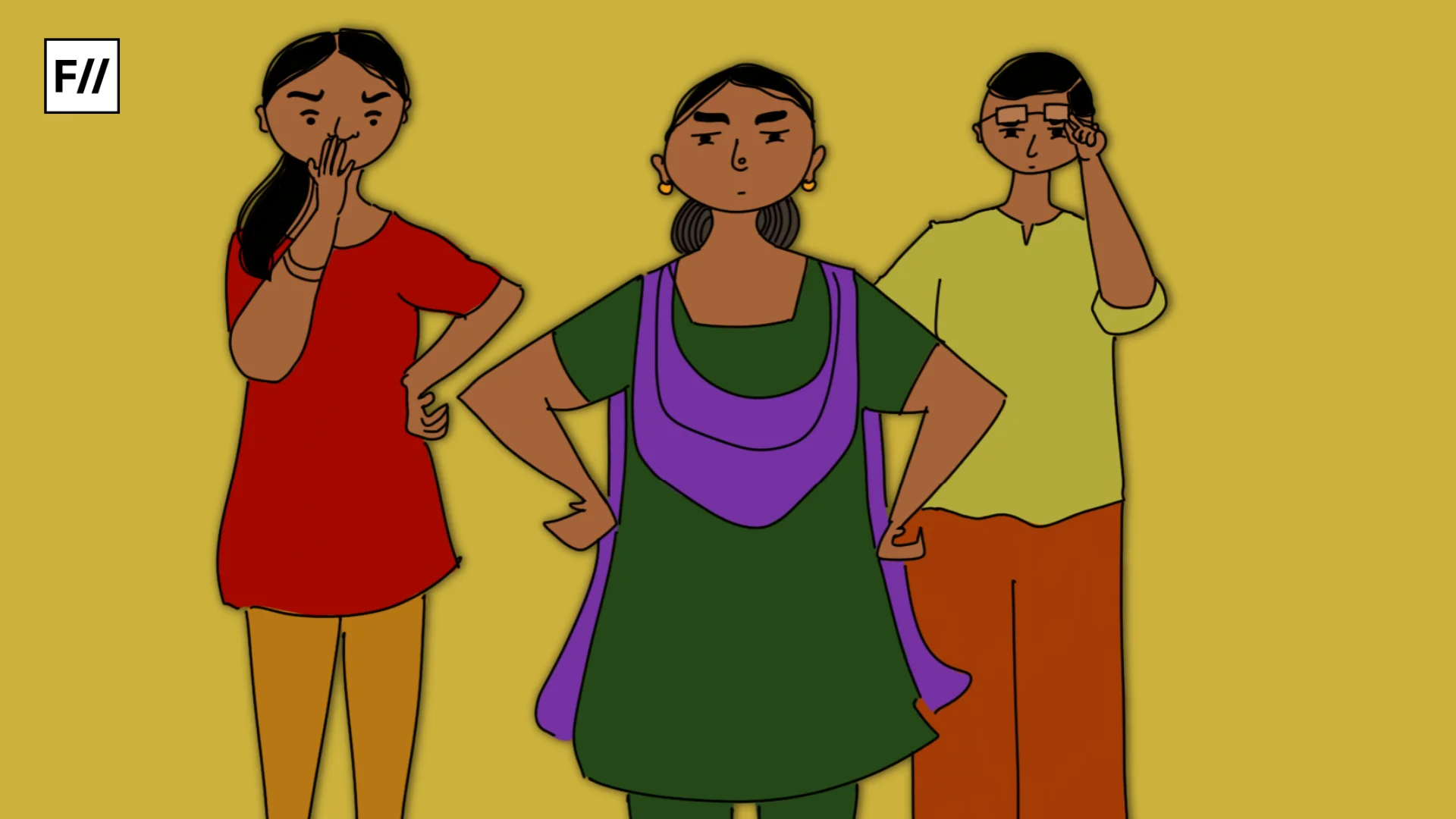Editor’s Note: This month, that is August 2019, FII’s #MoodOfTheMonth is Travel, where we invite various articles narrating bitter-sweet travel experiences. If you’d like to share your story, email us at pragya@feminisminindia.com.
It took me a long time to find the right way to start this article. And anything I attempted felt contrived at best, so I decided to shoot straight from the heart.
Travel is a luxury that I cannot handle easily. I was born with a disability called Talipes, or more commonly called as Club Foot. At the time I took birth—and I guess this is also something that will continue to prevail anyway—being born with a disability was unwelcomed. I became a focal point for the convergence of multiple individuals’ efforts to “correct” my disability. My family and extended family followed the textbook to the T.
I was made to wear a plaster of paris cast for two years before my feet were shoved into a pair of splint foot shoe braces that were two times my baby weight. I sat up, crawled, walked, and moved about, all within my milestones, but my feet would remain turned inward. As I grew up, I was un/consciously resisting my body’s natural predisposition and forcing myself to keep my set up “straight and normal.”
Travel is a luxury that I cannot handle easily. I was born with a disability called Talipes, or more commonly, Club Foot.
Until one day, I couldn’t take it anymore.
It was my sixth solo trip. Well, technically not solo because I was part of a team for an event that I was representing my University at, when a sharp jabbing pain in my ankles woke me up. I went about my day, assuming that it would settle, but instead of getting better through the day, despite a painkiller, my feet began to turn inwards with a force. I walked funny—the old commands of “straighten up” no longer seemed to work. That trip set the tone for any attempts to travel in the future.
A series of interventions later, I am at a point where a combination of exercises, a pair splints for both my feet, and hot water fomentation help me walk and move about (not without pain, though) and pass off as able bodied.
Except when I travel.
I risk having to wake up each morning and not being able to walk. I risk possibly falling, which has happened multiple times, leading people to think I’m just clumsy, basically. I risk being accommodated in places that are not friendly design-wise to accommodate my exercise needs. I risk being cooped up in travel arrangements that cramp my feet further.
All the time, though, it involved tons of emotional labour to perform my disability for another to understand. “She doesn’t travel much” or “She’s tied to her city” aren’t the most pleasant things for you to hear, especially when these statements are weaponized to keep you away
At every turn, however, I showed up. Sometimes, that involved asking the organizers to be more mindful of designing spaces that were disability friendly. Sometimes, that involved talking about how our unconscious bias lets us assume that a person’s body is entirely functional and to place able-body driven expectations on them to discharge.
Also read: Analysis Of Urban Areas And Planning From A Disability Perspective
All the time, though, it involved tons of emotional labour to perform my disability for another to understand. “She doesn’t travel much” or “She’s tied to her city” aren’t the most pleasant things for you to hear, especially when these statements are weaponized to keep you away or as a piece of gossip that reduces you to how your body isn’t performing its disability well enough.
But I try.
And I haven’t always succeeded, though.
I can tell you that I have had days where I’ve travelled to attend a conference but haven’t been able to get out of bed because of the pain, missing the entire point of my travel in the first place. But I can also tell you that I pushed the boundaries and went on a 10km long hike just for the heck of it. I can tell you that I have relied on a caregiver on each of my trips, mostly to help me be functional. But I can also tell you that I have been fiercely independent to fight to exercise my agency at every turn. I can tell you that I have had to say no to several opportunities that I may never get again, and never be able to afford, ever.
Also read: Sexuality And Disability: Providing Sexuality Education To The Disabled Through Online Space
But I can also tell you that I never gave up, and continue to walk and travel, on my own terms.
Featured Image Source: Medium




